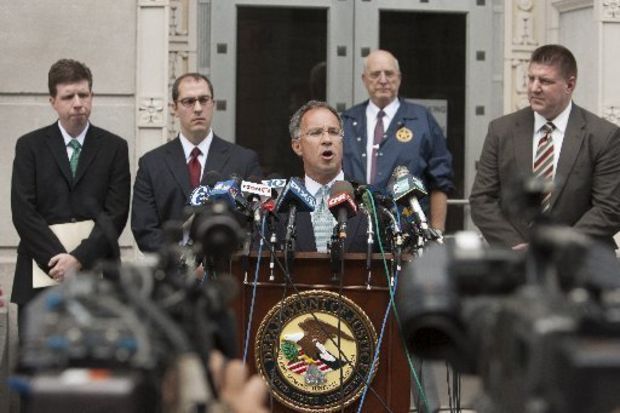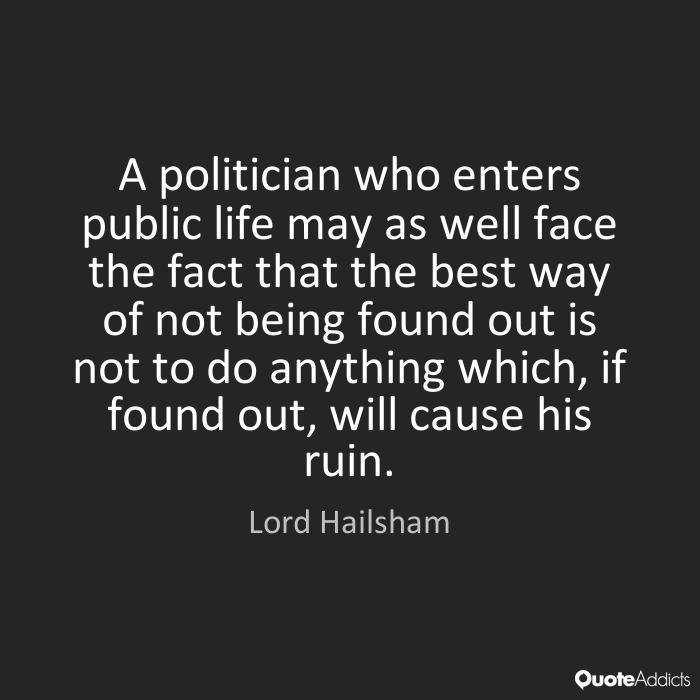248 Years of Freedom! May it forever continue!
Our Revolutionary War was the first one in history fought to depose one King/Ruler not install another, preferred one. Rather, our Founding Fathers sought to set up a government of, by, and for We the People. This this new government was to get its just authority from the willing consent of the governed, rather than by the sharp edge of the sword, yielded by elites who have made the people to heel for millennia. There was no guarantee that This Experiment in Freedom would make it to its 1st Birthday, much less its 248th. And neither is our future guaranteed, as Freedom must be maintained if it is to long survive.
Our incredible prosperity has been propelled by a proper understanding that people will let loose their energy and will and determination when the fruits of their labor and genius will be reaped by themselves, rather than by their masters. Our Declaration of Independence says it this way, "We hold these truths to be self-evident, that all men are created equal, that they are endowed by their Creator with certain unalienable Rights, that among these are Life, Liberty and the pursuit of Happiness." This pursuit has changed our nation and the world, with unrivaled productivity, enough to win two World Wars in the 20th Century, and defeat the Soviet Empire in the Cold War.
Such prosperity can create complacency and that can muddy up what one sees in the rearview mirror. This has certainly occurred in recent years. Sometimes it looks like this: The hard work, risk taking and innovation of one generation brings productivity and prosperity. It is appreciated and continued in the next generation, but the story is harder to see straight in the ones that follow. Removed from direct view of the risk and innovation that were required to create the productivity and income, there is a pull to listen to, say, professors at "esteemed" universities who declare with such certitude that wealth was taken from others and is evil. Elites and experts, themselves removed from the rigor and experience of great production themselves, declare that a change in the "system" is needed to fix these "inequities" and "injustices." All would be well if only the force of Government would take from those out of favor and give to those in favor. And to decide "favor," the elites and experts stand at the ready to be the victors to divvy up the spoils. And, just like that, freedom is gone, and with her drive to create, produce, innovate and share with family and neighbors the bountiful harvest that such freedom brings forth.
The Bashing America as a great evil, an oppressor, is all the rage in schools and media and many corners of government bureaucracy itself. This is to our shame. Unchecked, such a self-loathing cancer will metastasize and bring utter destruction.
Certainly, America's history has shameful parts, with chattel slavery of Africans being the most egregious. Yet, the Freedom spirit enshrined in our Declaration, which lays out men's God-given right to "Life, Liberty and the Pursuit of Happiness," led hundreds of thousands of white men to lay down their lives fighting against their own countrymen to end the scourge of slavery in our own Civil War 160 years ago.
So, on this Birthday of American Liberty, let us raise our glasses and flags and songs of praise for this nation, the Greatest on the face of the Earth, and let us re-double our resolve to declare far and wide that Freedom Is Better, and with our will and words we shall see Freedom continue in these United States of America!!!
This is how the Founders said it, "And for the support of this Declaration, with a firm reliance on the protection of divine Providence, we mutually pledge to each other our Lives, our Fortunes and our sacred Honor."
Love, Paul































